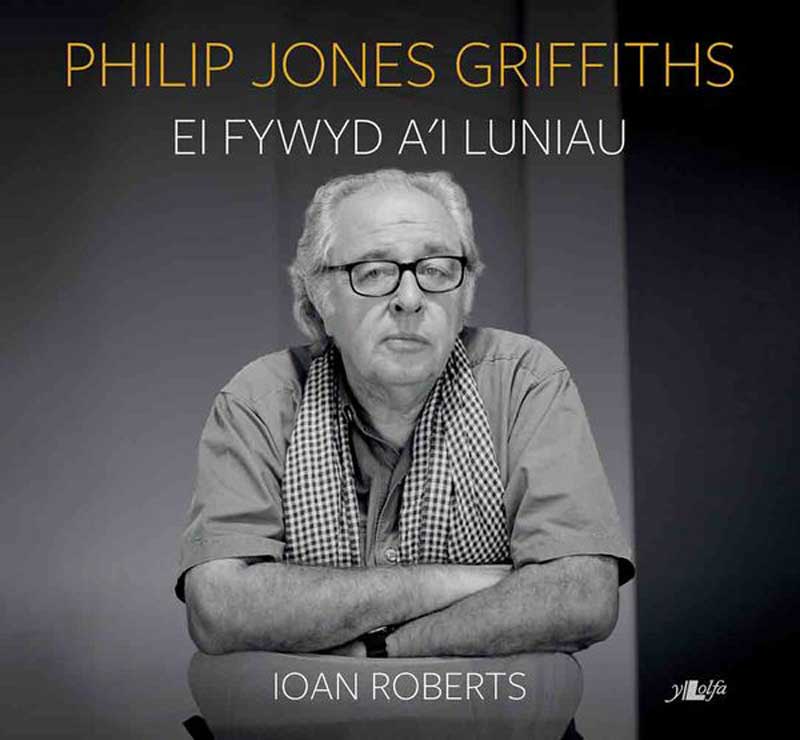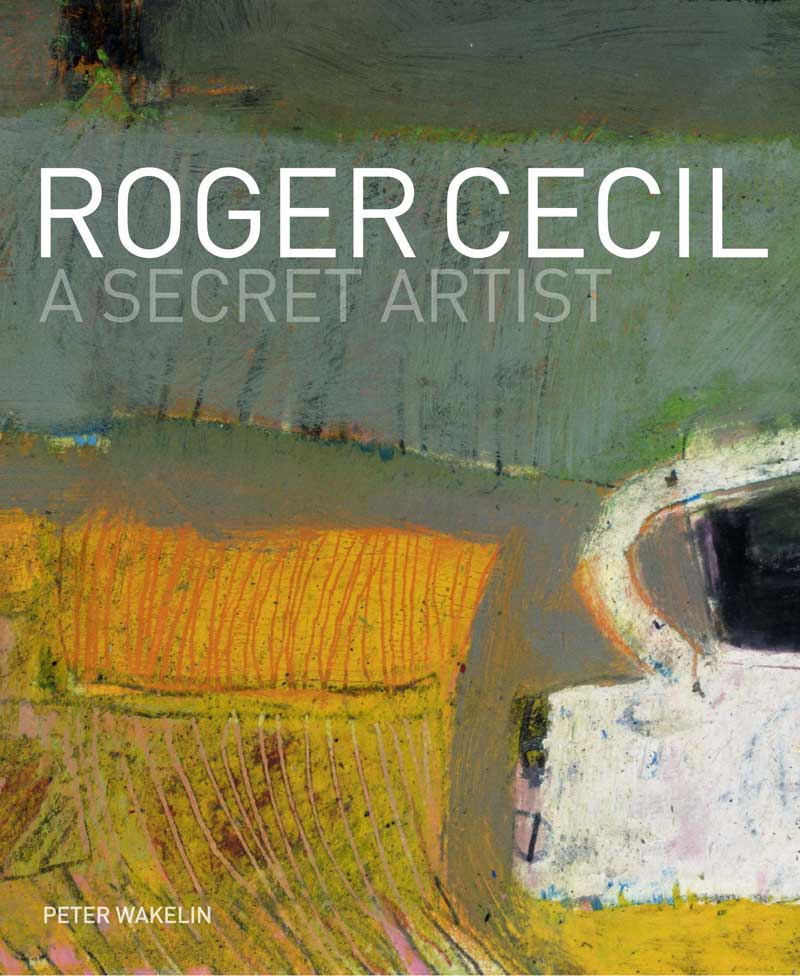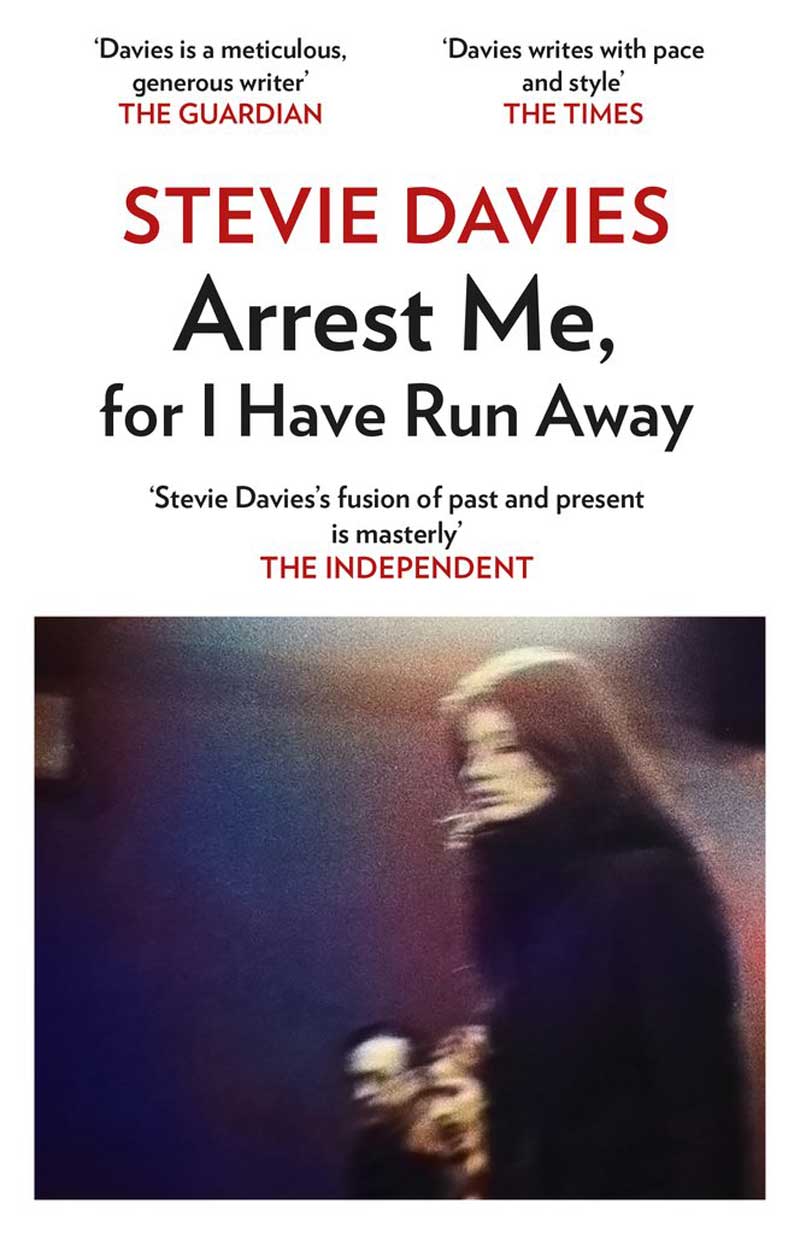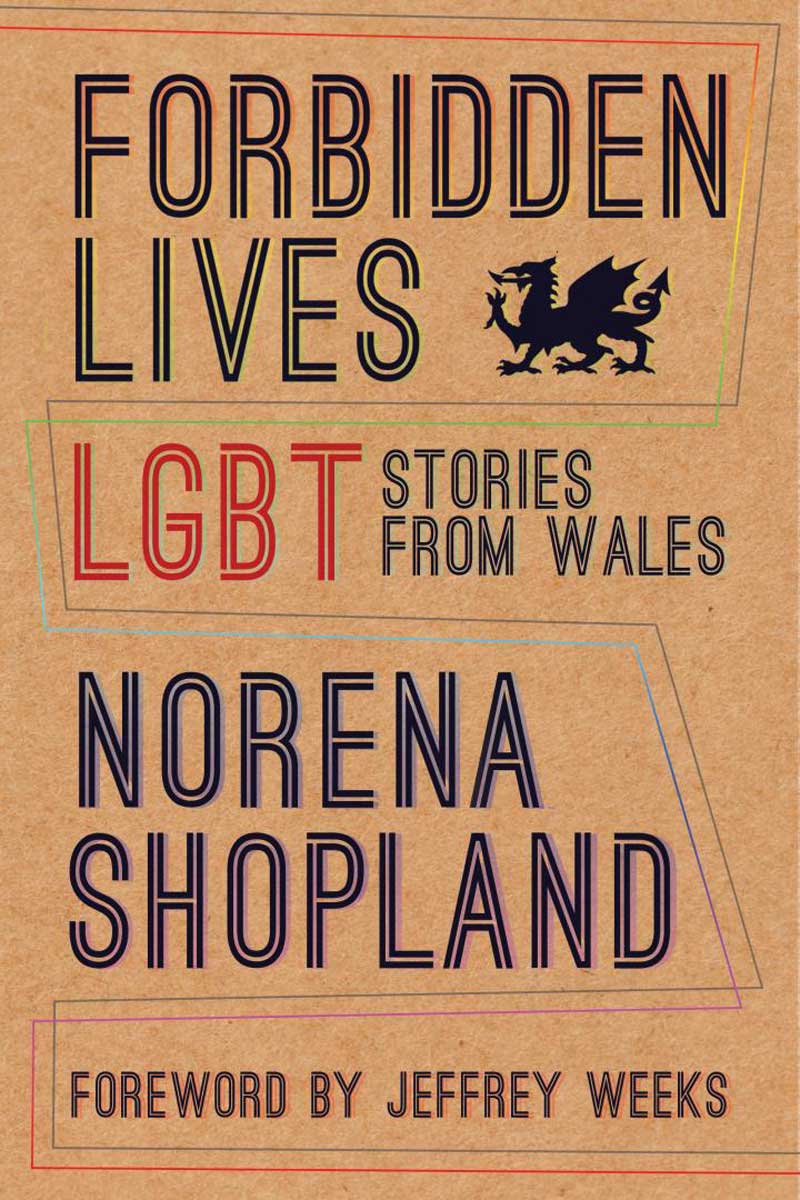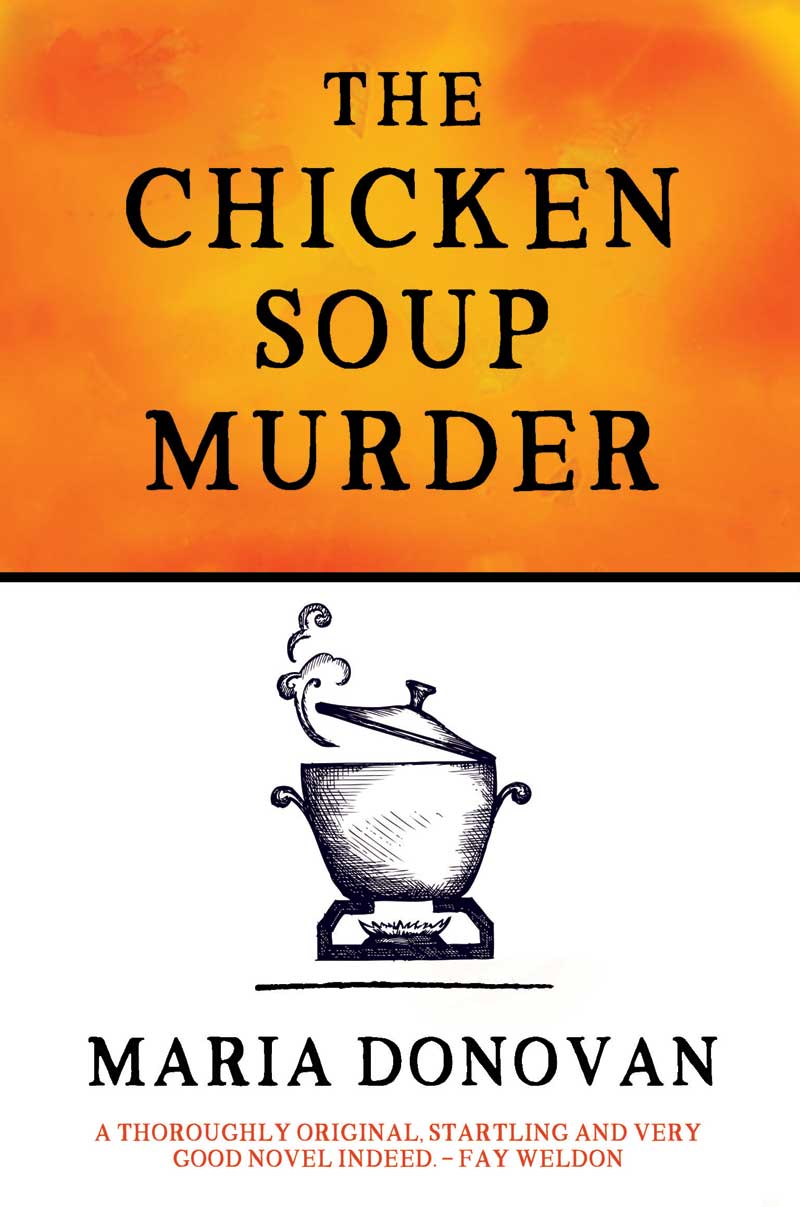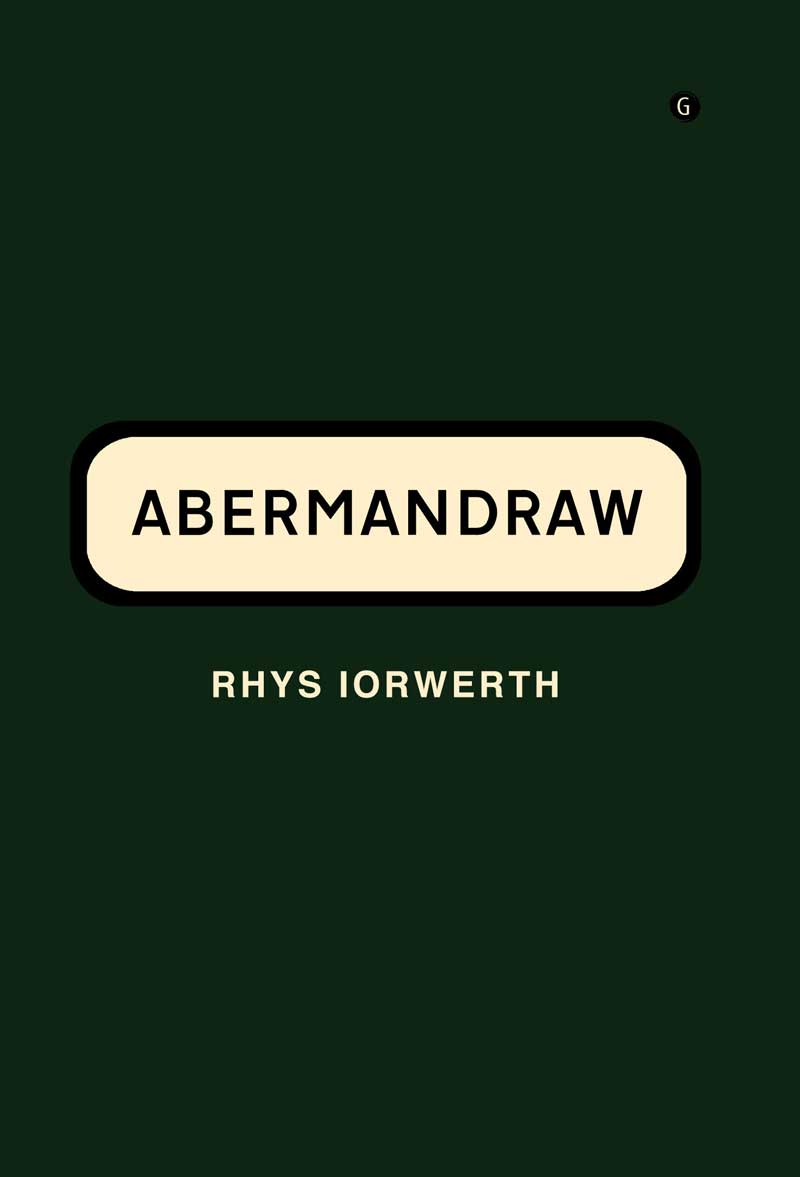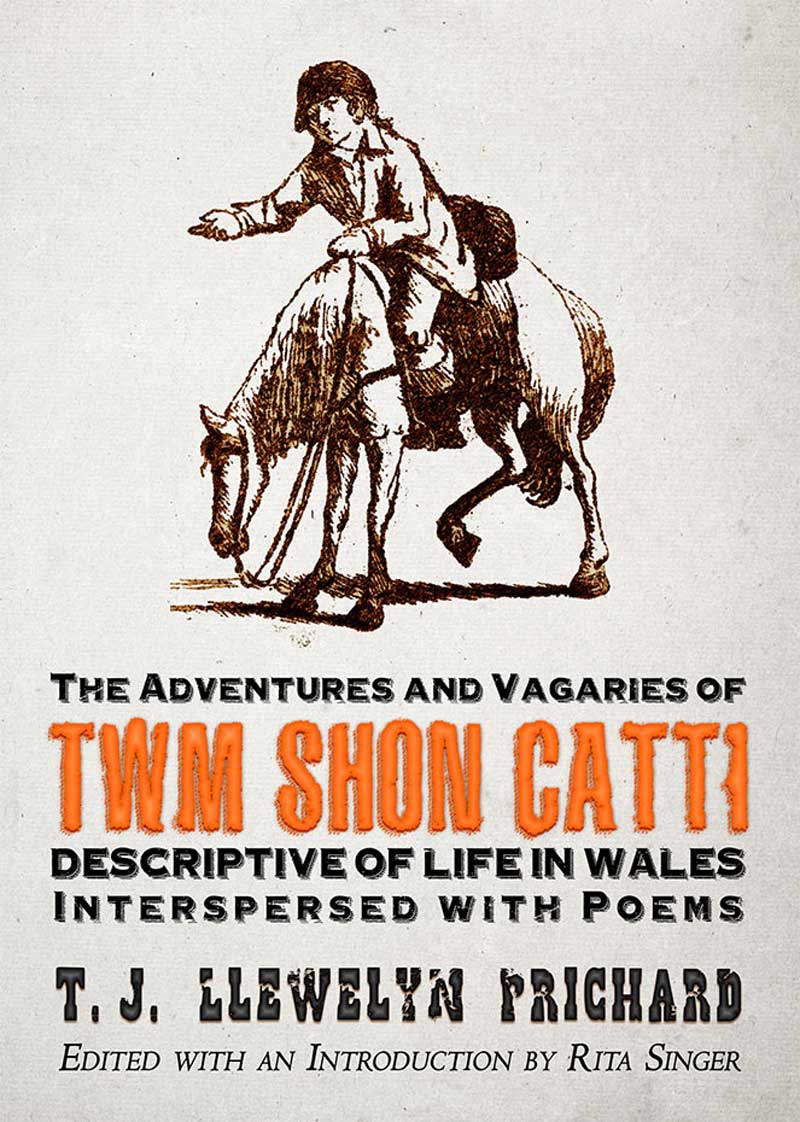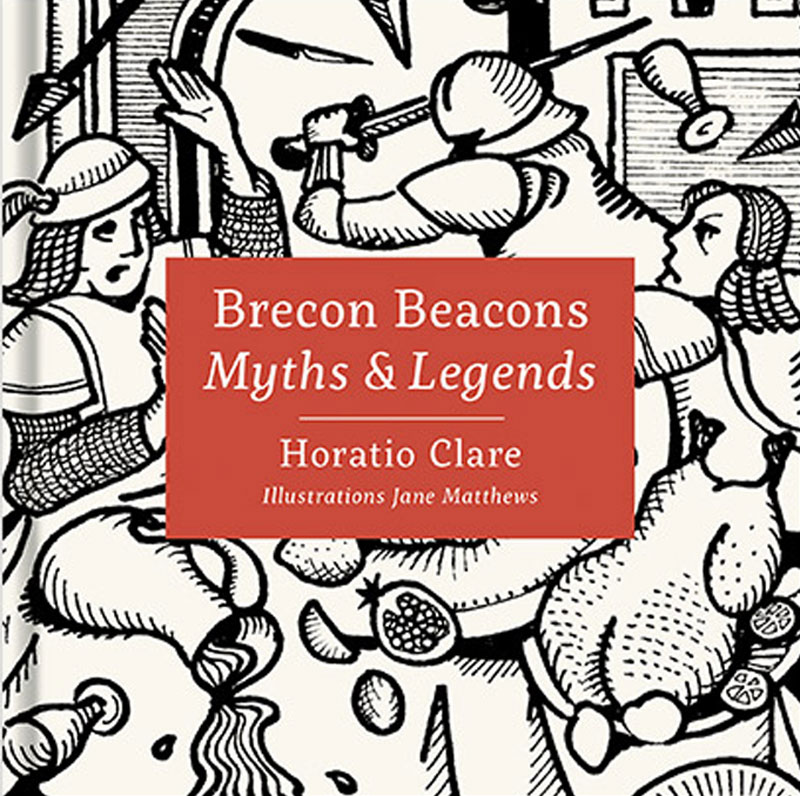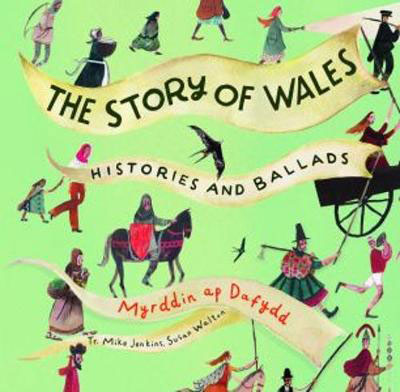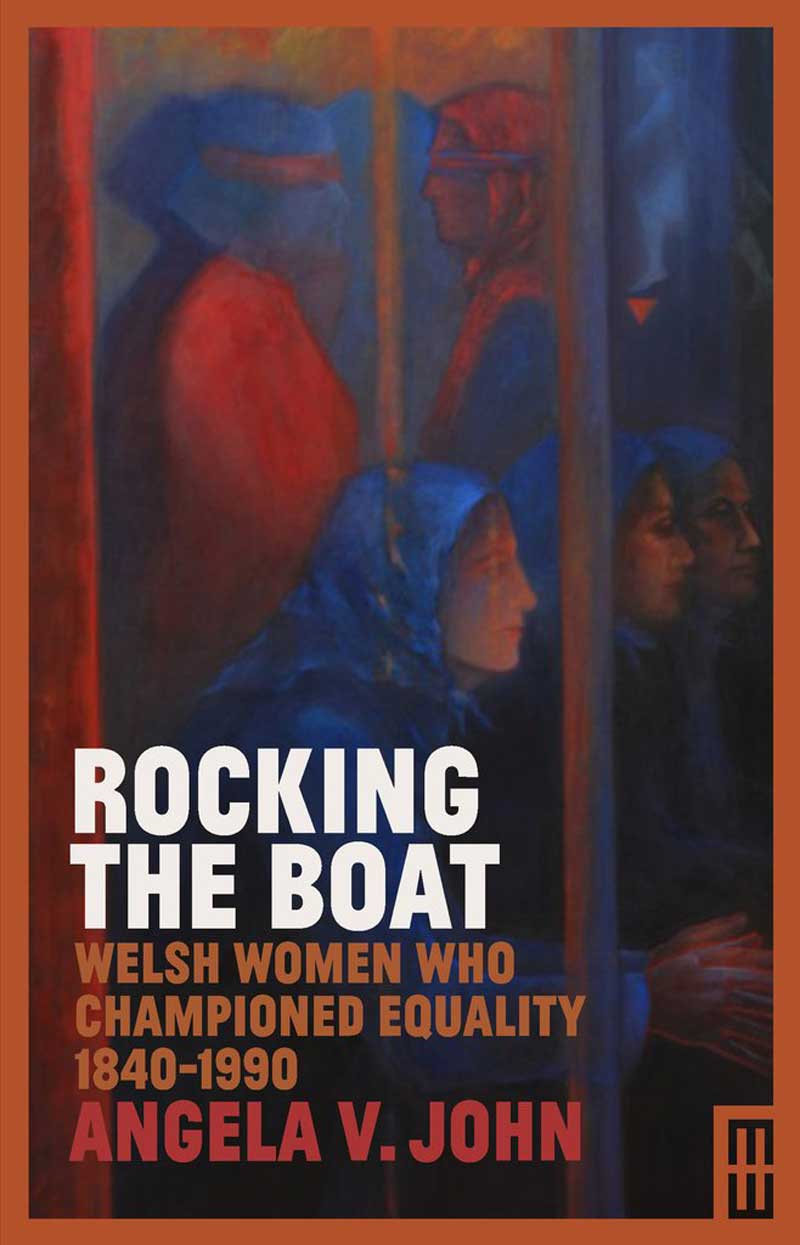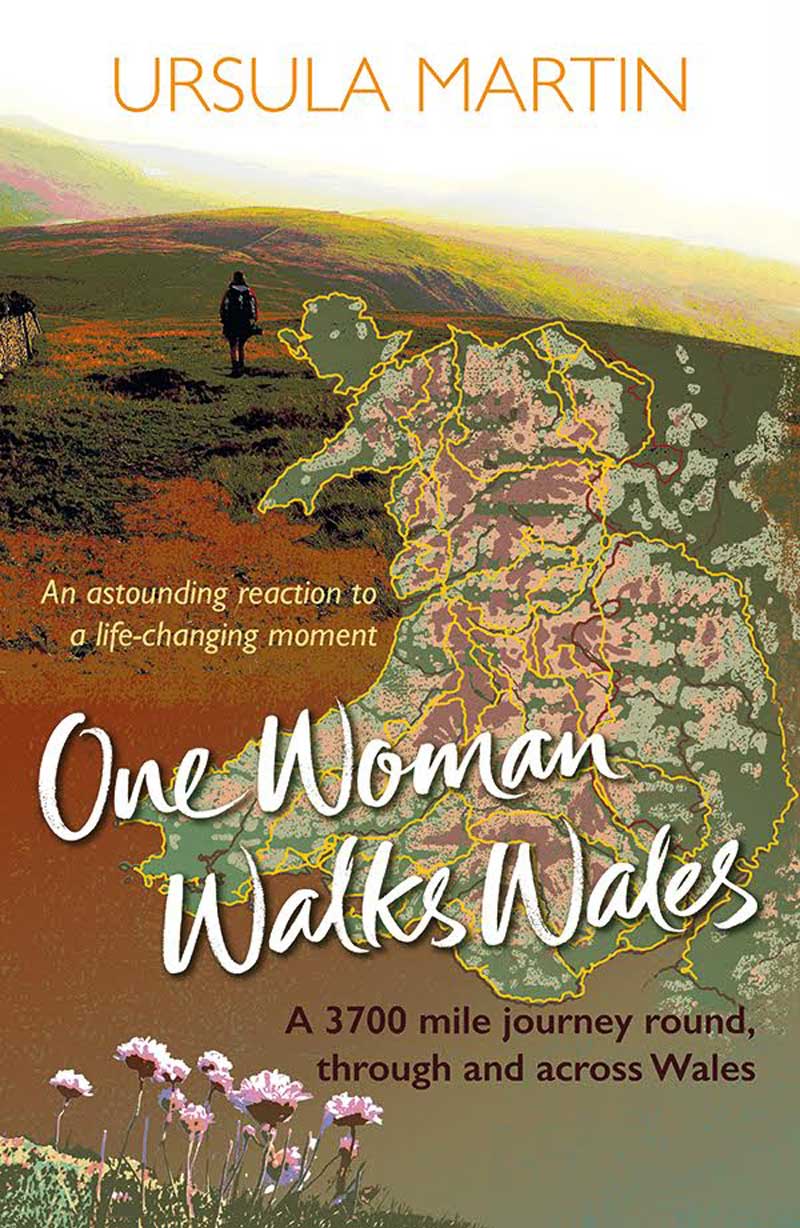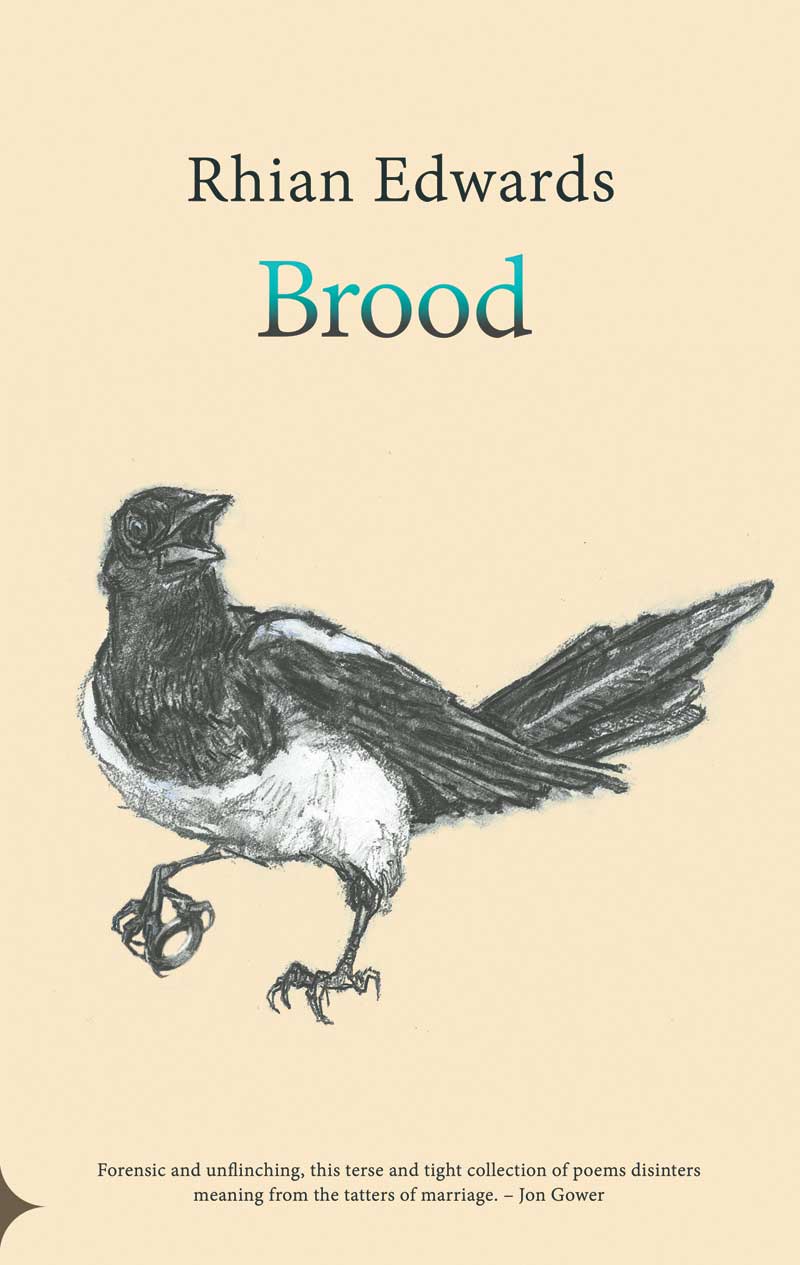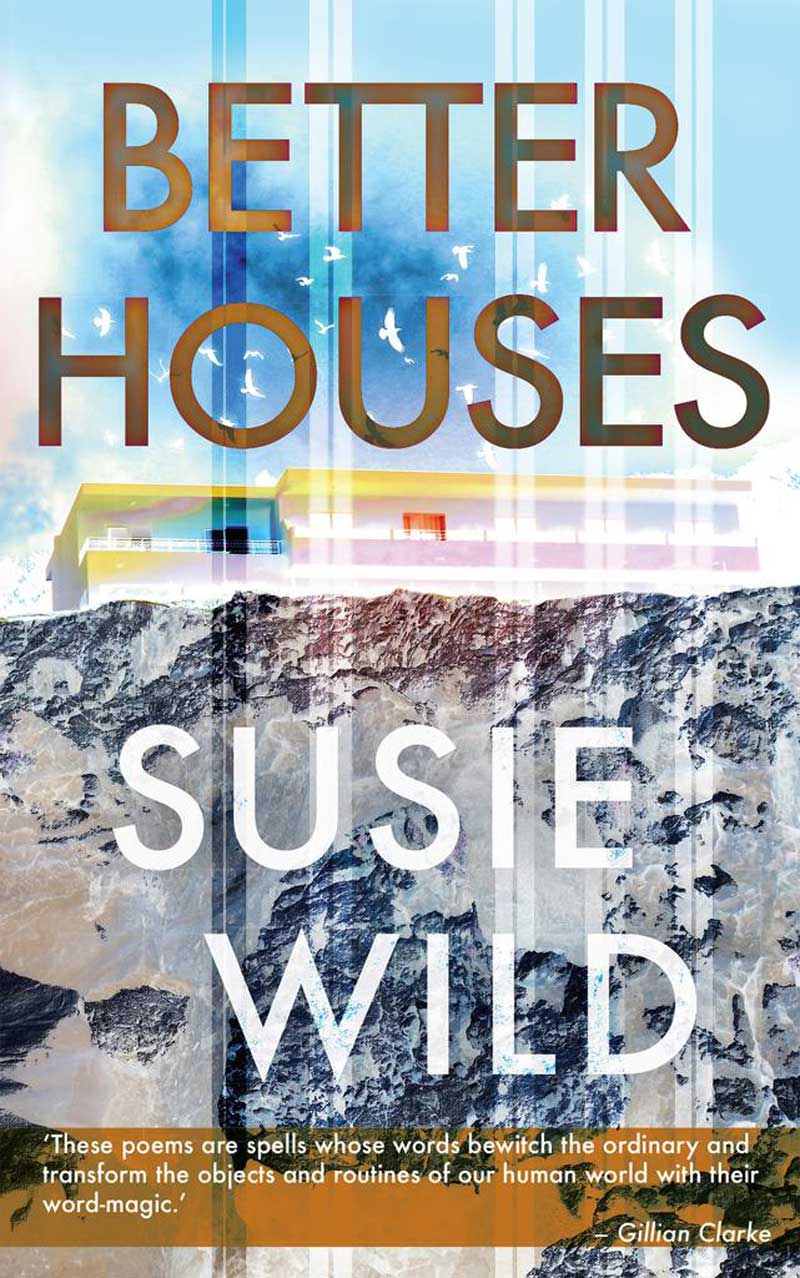Paddy French argues that Welsh Water is little more than a privatised business, dressed up as a ‘not-for-profit’, with overpaid Directors. He details how much he believes the company has overcharged its customers, including many of its poorest, and how this connects to a wider phenomenon in Welsh public life of the ‘edifice complex’.
Read moreMary-Ann Constantine traces how representations of Wales’s castles have revealed painfully contested ideas about Welsh history, from eighteenth-century watercolours to 2017’s infamous ‘Iron Ring’. She argues that ultimately what is at stake is ownership of both the past and the land, highlighting the enduring power of the Crown Estate in Wales.
Read moreOur Welsh Keywords offers contemporary perspectives on the meaning of words in Welsh, inspired by Raymond Williams’ Keywords. In this issue, Daniel G. Williams explores the concept of dinasyddiaeth/citizenship. Responding to the current reality where British political culture in Wales is so often now characterised by xenophobia, he outlines how a future Welsh citizenship could define itself very differently.
Read moreA poem in English and Bakweri by Cardiff poet Eric Ngalle Charles, on his flight from Cameroon
Read moreDaryl Leeworthy examines the ideological crossroads which Welsh Labour finds itself at post-Carwyn Jones. He details just how transformative the Welsh labour movement once was, and argues that in order to remain central to Wales’s story the party needs to reject its recent flag-waving quasi-nationalism and return wholeheartedly to the principles of radical social democracy.
Read moreA poem by Mike Jenkins
Read moreCatrin Ashton on the impact of an unusual gift to celebrate the birth of her daughter: a 1970s pamphlet written by Italian Marxists who led an international campaign for stay-at-home mothers to receive a wage. She argues that mothers in lower-income families have been let down by both capitalism and traditional socialism, and details why the pamphlet is more relevant than ever for contemporary Wales.
Read moreFrances Williams evokes contrasting atmospheres in two Bangor cafés across the road from each other, and how this kindles ideas about Welshness, womanhood, culture and resistance, drawing on Raymond Williams, Pierre Bourdieu and memories of her grandmother’s mischievousness.
Read moreA short story by Carla Manfredino
Read moreIn our new series of creative responses to Wales' rail network, Reading Between the Lines, Angharad Penrhyn Jones takes the train between Machynlleth and Aberystwyth. She describes why train journeys remind her of her Sami heritage, how they lead to you to tell strangers your secrets, and why defending public services against distant corporations is more important than ever.
Read moreJo Mazelis reviews ‘Women Behind the Lens’, an exhibition of women’s photography on show at National Museum Cardiff until 11 November. She describes the ways in which the work shown transcends expectations of what a woman should point her camera at, from Victorian floral arrangements to depictions of the Valleys today.
Read more
